Riots, Colonialism and Climate: The Fight for Sovereignty in Kanaky
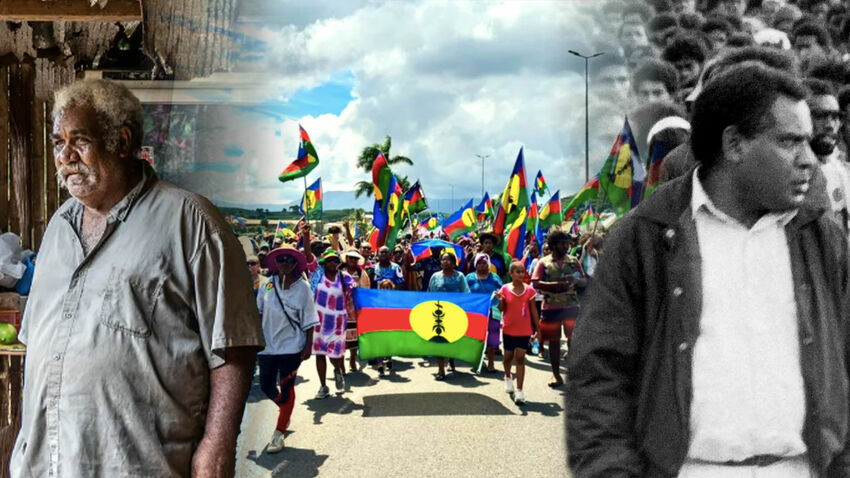
What do the riots in New Caledonia tell us about green colonialism in the age of climate action?
The recent riots in New Caledonia have brought to light a complex web of historical grievances: the pillaging of Pacific minerals and an unjust transition to renewable energy.
To understand the 2024 unrest in this context it is essential to delve into the island’s colonial history. Namely its valuable nickel resources, and the implications of environmental policies that come at the cost of the community.
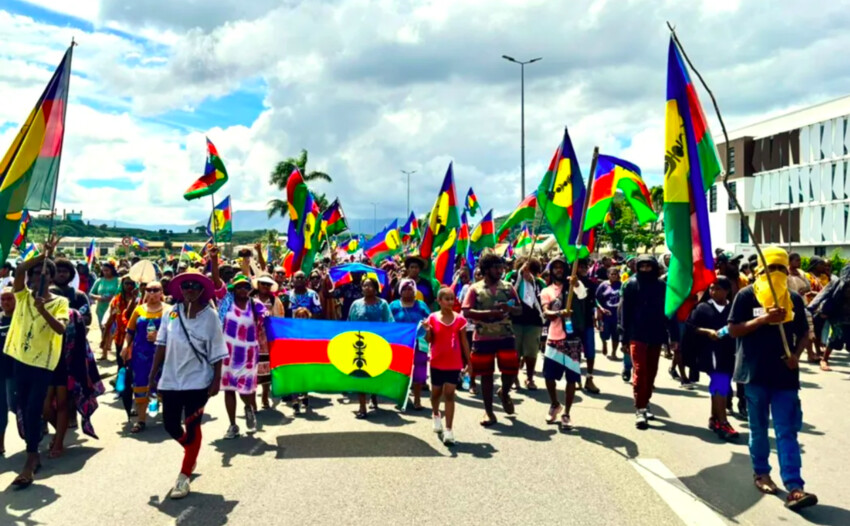
The French take Kanaky
Kanaky, now named New Caledonia, is a French territory with a long history of colonial rule and resistance by the indigenous Kanak people of the land. European colonisation began in 1774, and France formally annexed New Caledonia in 1853.
Since then, the Kanak people have often been marginalised economically and politically, leading to numerous conflicts and calls for independence.
The struggle for self-governance has been a persistent theme in New Caledonian history.
In the 1980s a series of violent clashes between pro-independence Kanaks and French loyalist groups led to the Matignon Accords of 1988 and the Nouméa Accord of 1998; which established a process for New Caledonia to gain greater autonomy and a path towards [possible] independence.
However, in 2020 and 2021 referendums of independence showed a deeply divided society, with a narrow majority voting to remain part of France.
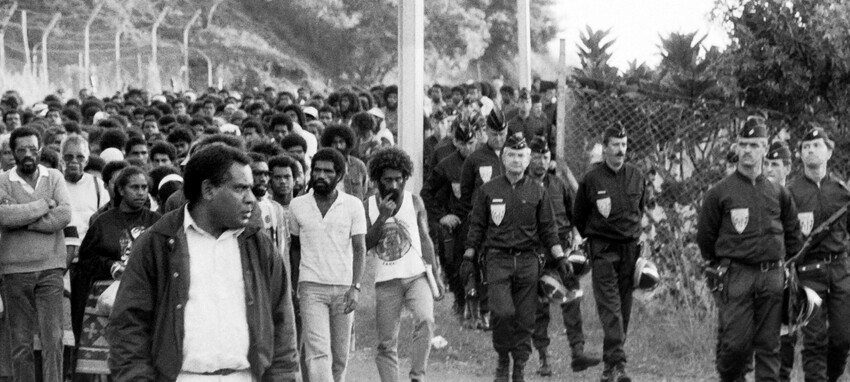
Riots & Sovereignty
Last week violence erupted following a controversial voting reform. The reform in question aimed to do away with restrictions that prevent up to one-fifth of the population from voting in provincial elections.
The French government proposed allowing individuals who have resided in the territory for over ten years to vote in local elections.
This reform, which would enable more non-indigenous people to vote, is being protested as a dilution of the political voice of the Kanak people.
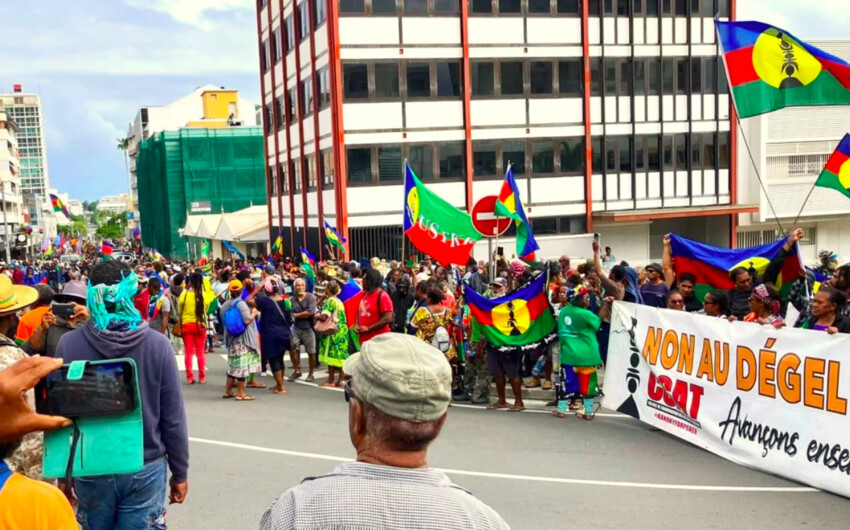
The Fight for Nickel
New Caledonia is home to one of the world's largest deposits of nickel, a metal crucial for various industrial applications, including the production of batteries for electric vehicles.
The exploitation of nickel has been a significant economic activity on the island, attracting substantial foreign investment. However, this wealth has not been justly distributed.
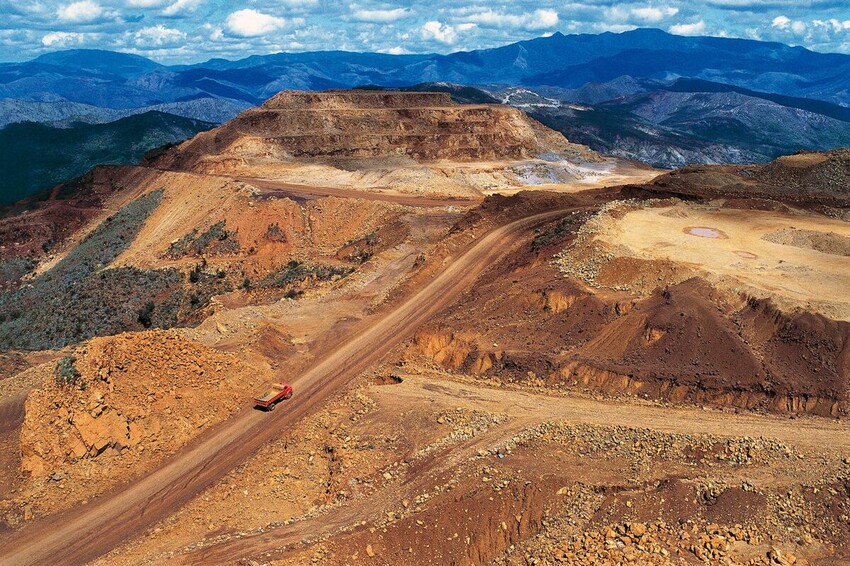
Multinational corporations have long dominated the nickel industry in New Caledonia, often in partnership with the French government. While these operations generate significant revenue, the benefits have largely bypassed the indigenous Kanak population.
Instead, the Kanak have carried the environmental and social costs, including land degradation and pollution, without receiving economic returns.
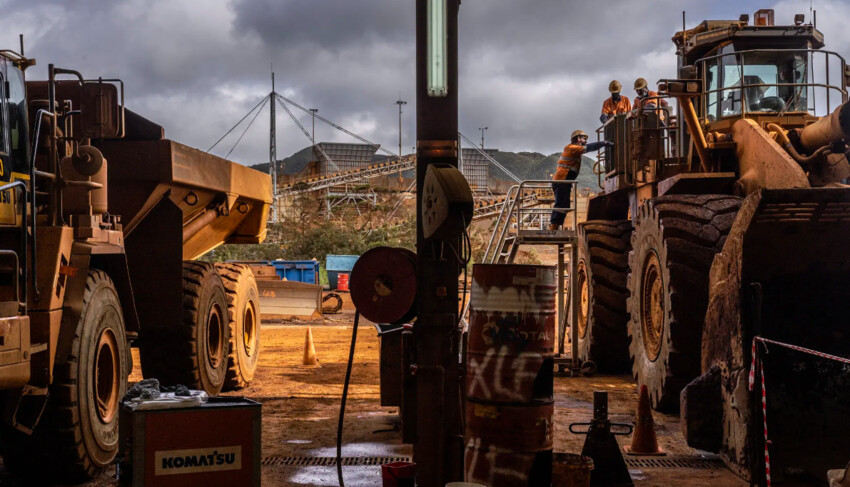
Green Colonialism
The concept of green colonialism refers to the imposition of environmental policies by powerful external entities without meaningful input or consultation of local communities.
In the case of New Caledonia, home to 30% of the world's nickel reserves during a surge in electric vehicles worldwide, why would your colonial ruler give you up?
In the words of the President Macron of France “Nickel is wealth for New Caledonia,” he said last year on a trip to Noumea. “It is also, and I emphasise this, a major strategic resource for France and Europe, at a time when we have undertaken a massive reindustrialization effort” he added.
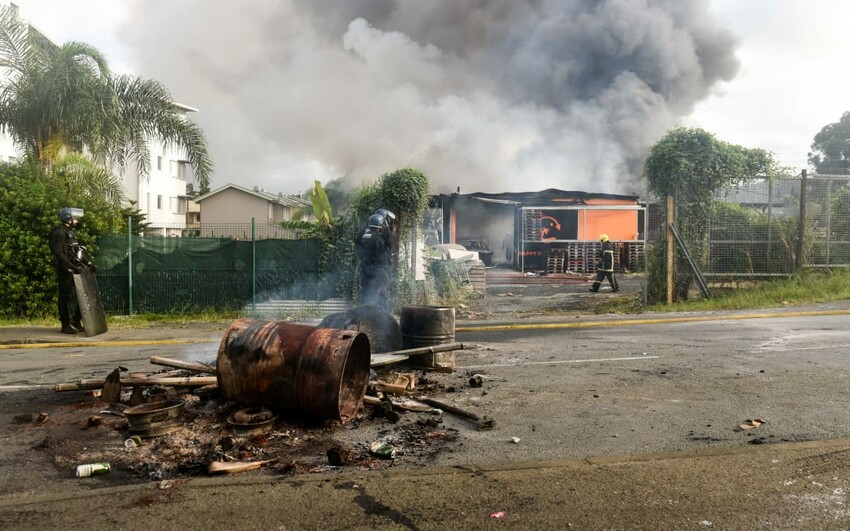
Climate Action < Climate Justice
The riots in New Caledonia underscore the challenges of balancing environmental sustainability with social justice, especially in regions with a legacy of colonial exploitation. Highlighting the tensions that arise when global environmental goals clash with local needs and rights.
Kanaky people are on the frontline of the climate crisis, with sea levels rising, coral bleaching, and an increase in natural disasters.
They should not be paying the price of the crisis that is hurting them. Climate action should not come at the expense of their sovereignty. That is not justice.
We need a Just Transition to renewables that centres people and doesn't repeat the systems of oppression that created this crisis.
-
By Suluafi Brianna Fruean
